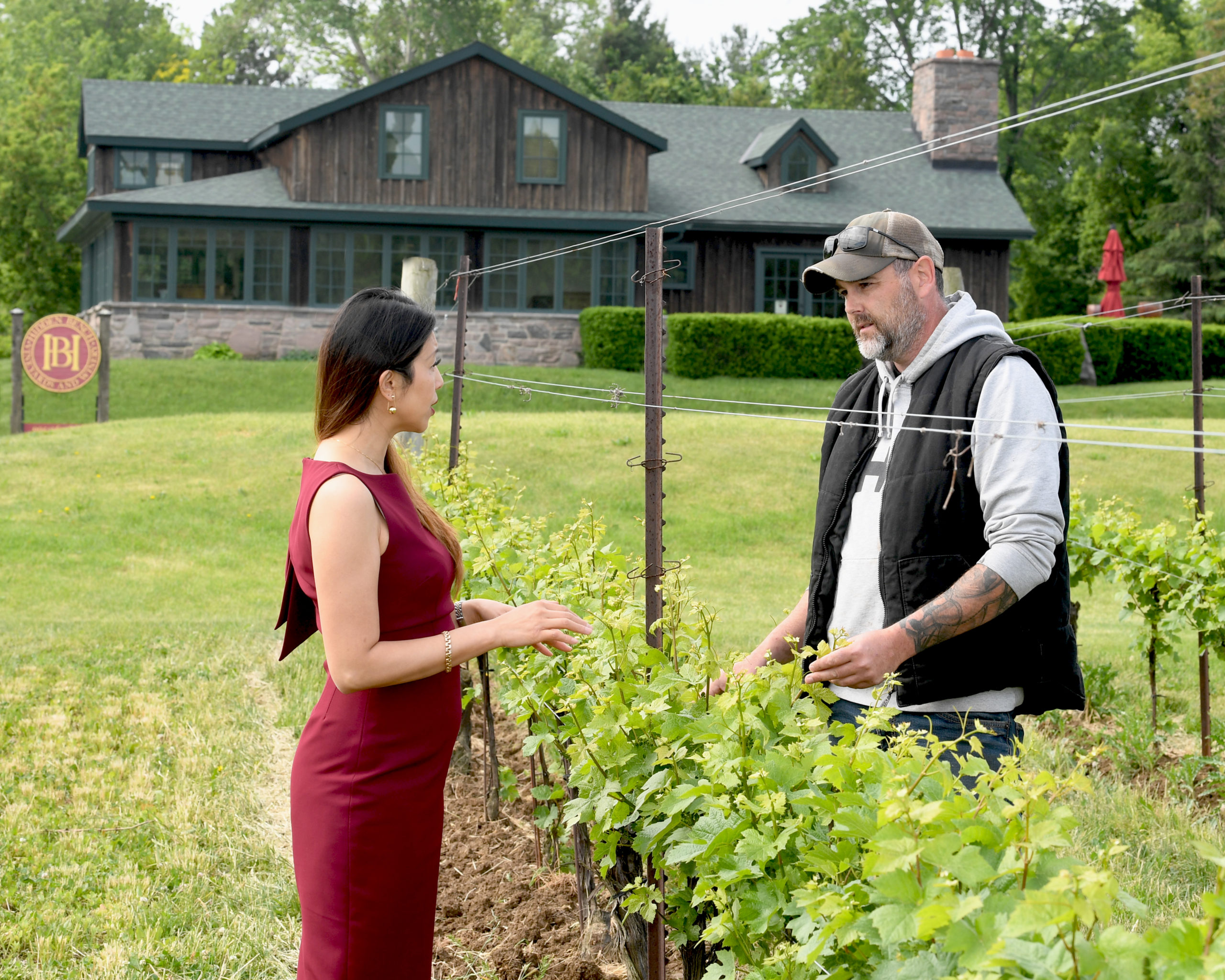COIL Stories
Nurture Growth Bio:
Anaerobic digestion providing an organic solution to food waste and toxic fertilizers
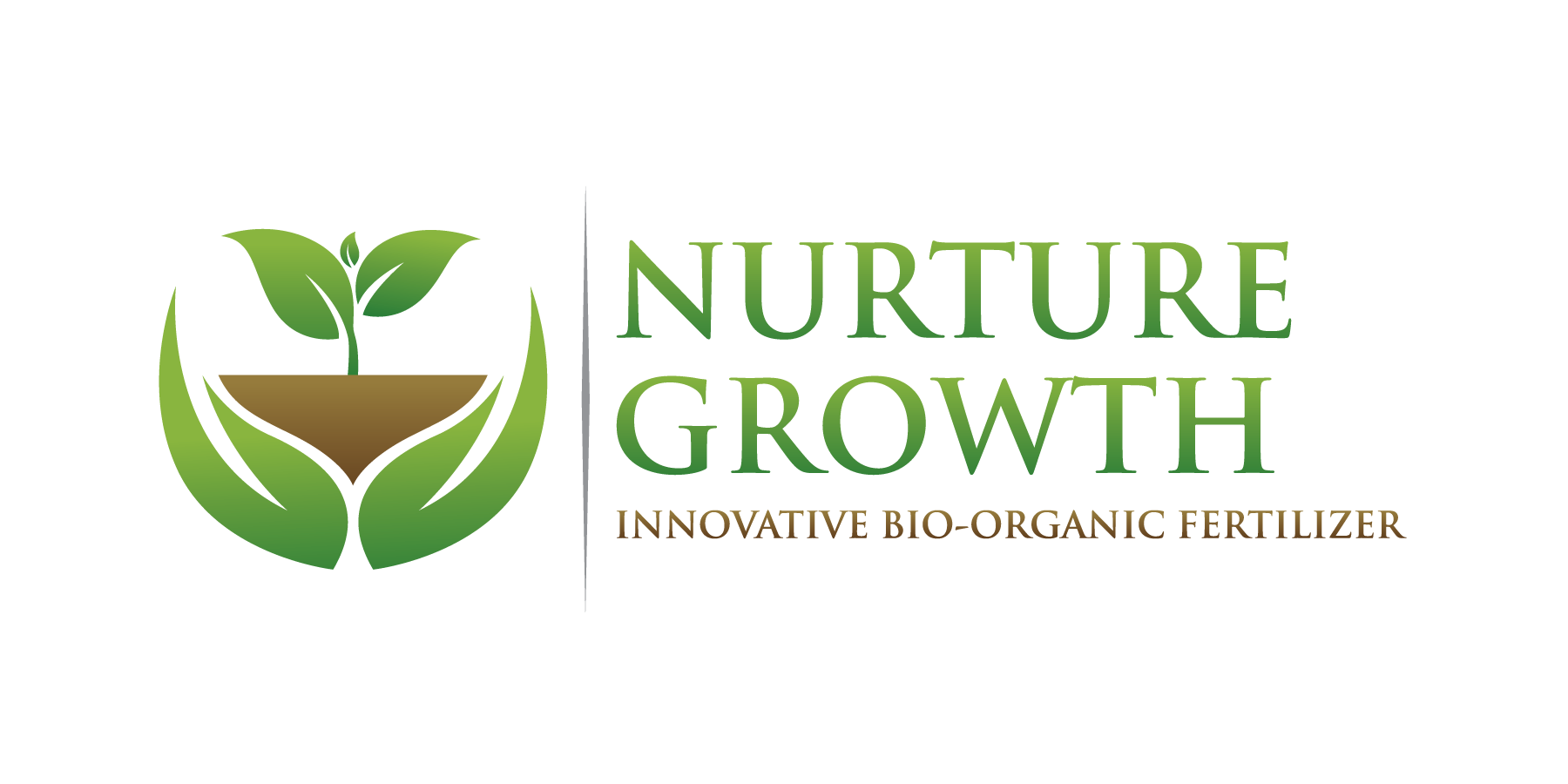
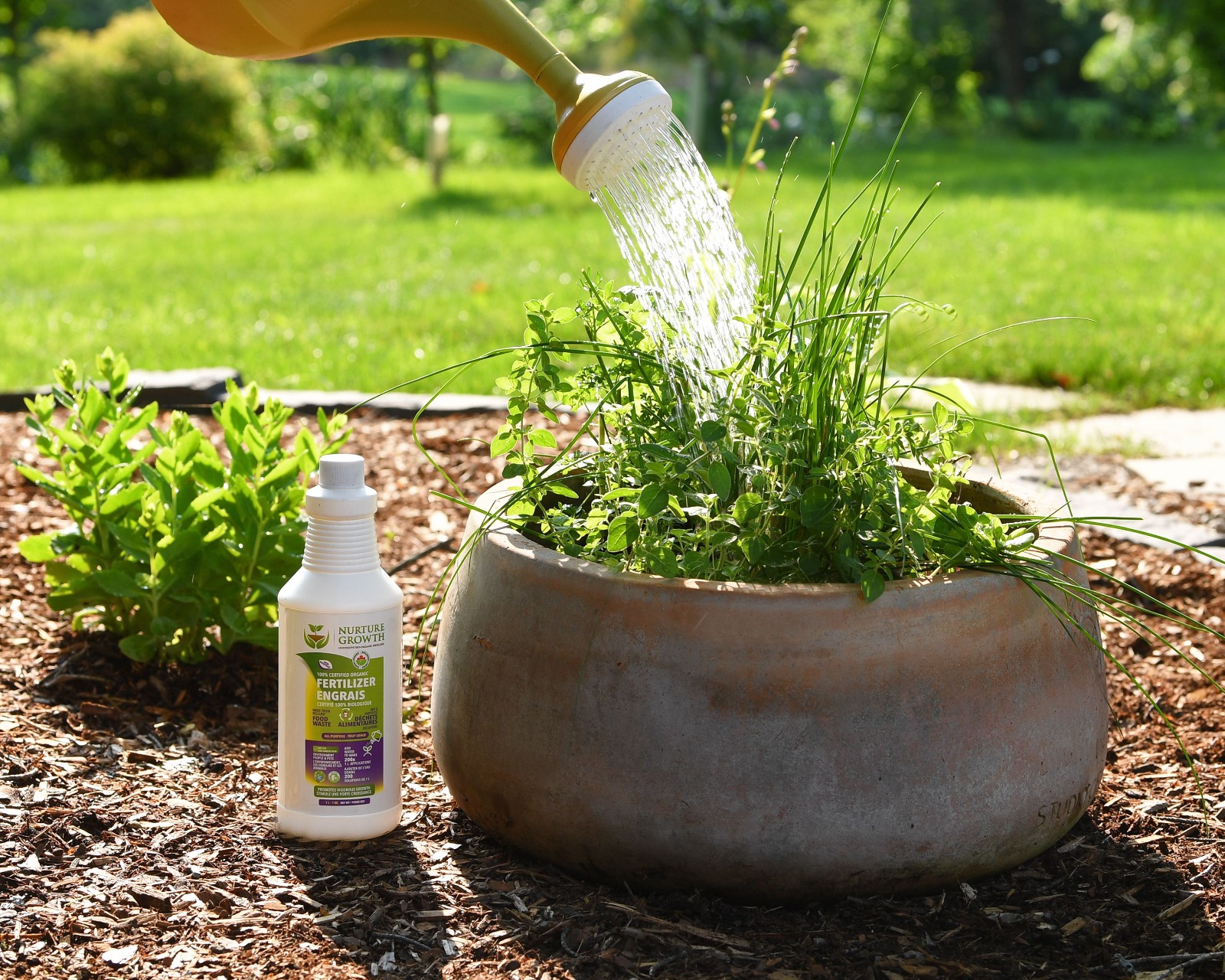
Nurture Growth Bio is an eco-friendly, bioorganic plant fertilizer that is made when microbes digest food waste. Microbes eat a variety of food waste from produce to restaurant leftovers. Once consumed, the waste goes through a fermentation process to create the final bioorganic fertilizer. Providing organic solutions for both home and commercial growers, Nurture Growth Bio has been rapidly scaling into international markets. Their COIL Evolve project has enabled Nurture Growth Bio to further their research trials in California wineries. They aim to fest new climate conditions and further validate their product through future expansion in Oregon and Washington.
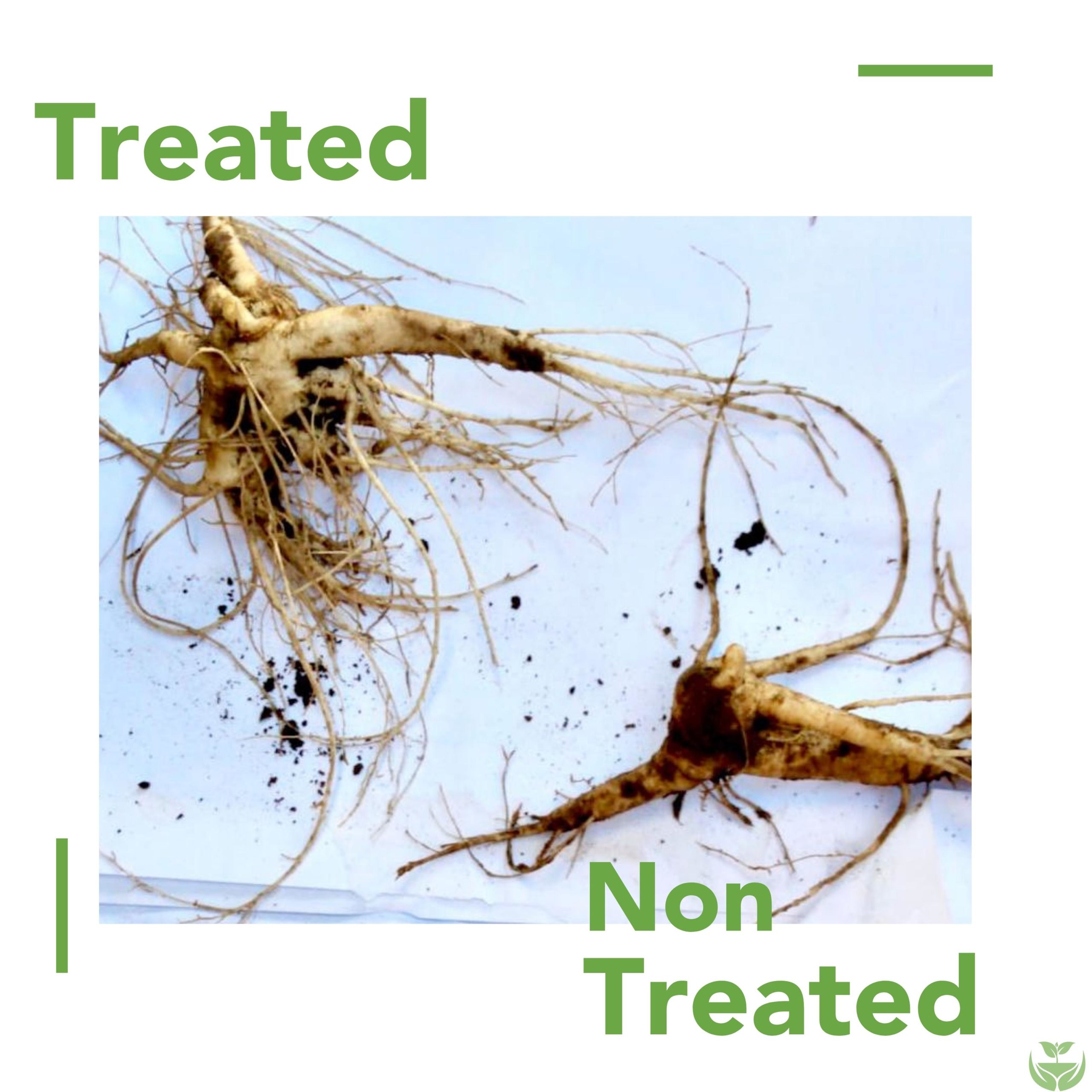
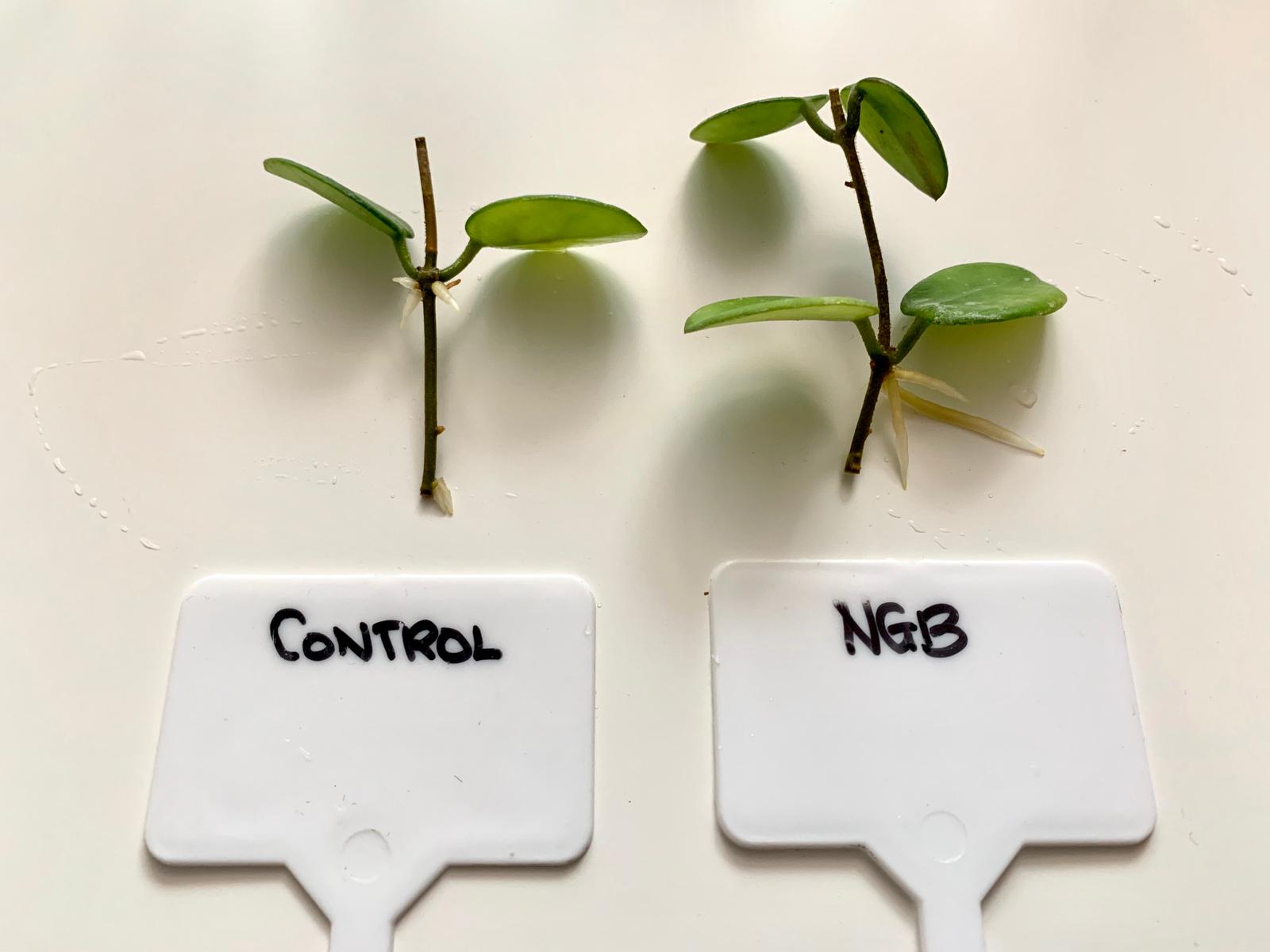
The Impact
Finding new uses for food waste: For every litre of biofertilizer that is produced, 10% contains upcycled food. Nurture Growth Bio’s current pilot facility production capacity is 320,000L so in an average year, 32,000kg of food waste is rescued. Instead of sending food to compost, Nurture Growth Bio is using it as an input to feed microorganisms and keep them alive while dormant in bottles.
Reducing greenhouse gas (GHG) emissions: By reclaiming food waste from commercial retailers, Nurture Growth Bio is not only diverting food from going to landfill, but they are also reducing the amount of GHGs produced from composting alternatives. Nurture Growth Bio uses an aerobic digestion process to create their biofertilizers, which is a more sustainable alternative to compost as it produces both an organic liquid fertilizer and a clean biogas. On average, they are removing 32,000kg of GHGs; the equivalent to removing 32-35 cars off the roads each year.
Providing food retailers with sustainable waste solutions: As many commercial food retailers must pay to have their waste taken away, they generally do not sort out compostable materials, instead sending them to landfills to release GHGs. Nurture Growth Bio partners with these retailers to offload their food waste and use it as an input for their microbes.
How they made it work
Nurture Growth Bio’s Evolve project involves looking at how their biofertilizers perform in different climates and soils, specifically in California. They’ve partnered with two vineyards, Adastra Wines and Trefethen Family Vineyard in Napa to do research trials. As the majority of farms in Ontario use various sprays, Nurture Growth is evaluating the efficacy of their biofertilizer in a drip-irrigation system in Napa.
They’re also exploring collaborations with food producers (specifically fruit and lettuce farmers) and retailers to see how different types of produce affect the PH levels and the quality of product. Through these trials, Nurture Growth Bio is expanding into new markets, validating their product, and reducing food waste.
“Don’t be afraid to ask for help, especially in the circular economy. You never know where an opportunity or conversation might lead you to in a couple of years.” – Le Luong, CEO of Nurture Growth Bio
